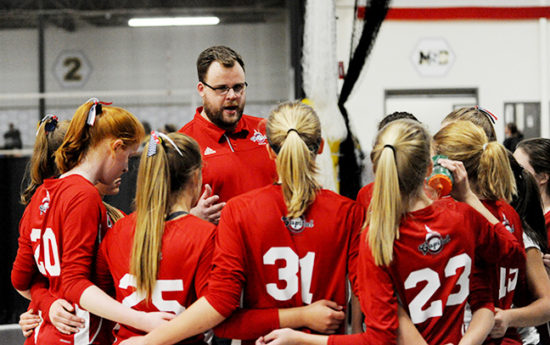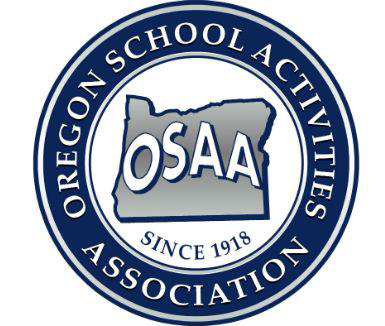Ten ways to manage your team with integrity
As coaches, we have to see ourselves as CEOs. So when I read this article listing maxims for success in public relations, I knew it’d be a benefit to us. Much like public relations professionals — and as the CEOs of our programs — we must constantly communicate about our teams, our successes and the benefits of being a part of it all.
 Here are some thoughts from the article that can apply to your role in leading your program.
Here are some thoughts from the article that can apply to your role in leading your program.
2. Meet often with your supervisor (athletic director). Maybe not often, but enough that they understand your vision for the team and your expectations for the future. They’ll be the ones who go to bat for you when times get tough. Make sure you’ve left a good impression for when that time comes.
3. Be on time. Yes, your boss knows that you’re working on your practice plans during department meetings, but it’s another thing altogether if you have a 1-on-1 meeting with them and you’re late. We’re all busy, we’ve all got important duties on our plates, but being late implies that your time is more important than theirs.
4. Tell the truth. People hold you to your words, so choose them carefully and stick to them. This is at the heart of coaching with integrity. When you don’t tell the truth, your players and everyone else involved with your program learn to distrust you. Successful programs cannot be built on lies.
5. Circulate. Coaching is a time-consuming endeavor. But there are other folks on campus who help keep it running, so make time to meet with them. Not just the teachers (though that’s important), but the guidance counselors, other co-curricular leaders (music, art, dance), or even the staff that keeps all of our campus space neat and tidy.
6. Think on your feet. Spot problems before they happen, notice the generous volunteer at your games and shake their hand, be ready when you’ve got someone’s ear who can help out your program. There’s something to be said for being prepared to react quickly.
7. Keep your ego in check. We love what we do and we think that we’re good at it, but we can’t do anything without the athletes. It truly takes a village for our seasons to come to fruition. From the higher ups who approve our schedules and budgets to the office staff who submit our paperwork to the appropriate folks, our programs are the products of a group effort.
8. Improve your coaching. Remember, you’re the CEO of your sport. Whether you plan to stay at your institution forever, or you’re setting yourself up for the next big move, being the best you can be only benefits you. There are no downsides to getting better, so always seek out ways to improve yourself in addition to improving your program.
9. Embrace your institution, warts and all. The article about maxims for success says it better than I could: “It’s not that you have to love everything about your (school), or ignore its flaws. It is not believable to others, much less yourself, to pretend that your institution doesn’t need to improve in some areas. But if those flaws mean that you can’t wholeheartedly support your school’s mission, you will be doing both it and yourself a favor by moving on. When you find yourself becoming cynical or see your work as just another job, it is only a matter of time before your effectiveness begins to wane.”
10. Stay current. Take advantage of professional development opportunities that are out there, whether it’s a convention, seminar or a webinar. Even if your department has cut its budget, there are plenty of cheap or free ways to learn. Email or call another coach and chat about what’s new and exciting in your sport. Sit in on a business class. There are many ways that you can proudly be a coaching nerd.
I’ve heard integrity described as who we are when no one is looking, but I also think it’s who we are when all eyes are on us. Make sure you’re the best version of yourself.
Dawn Redd is the head volleyball and assistant track & field coach at Beloit College in Wisconsin.





